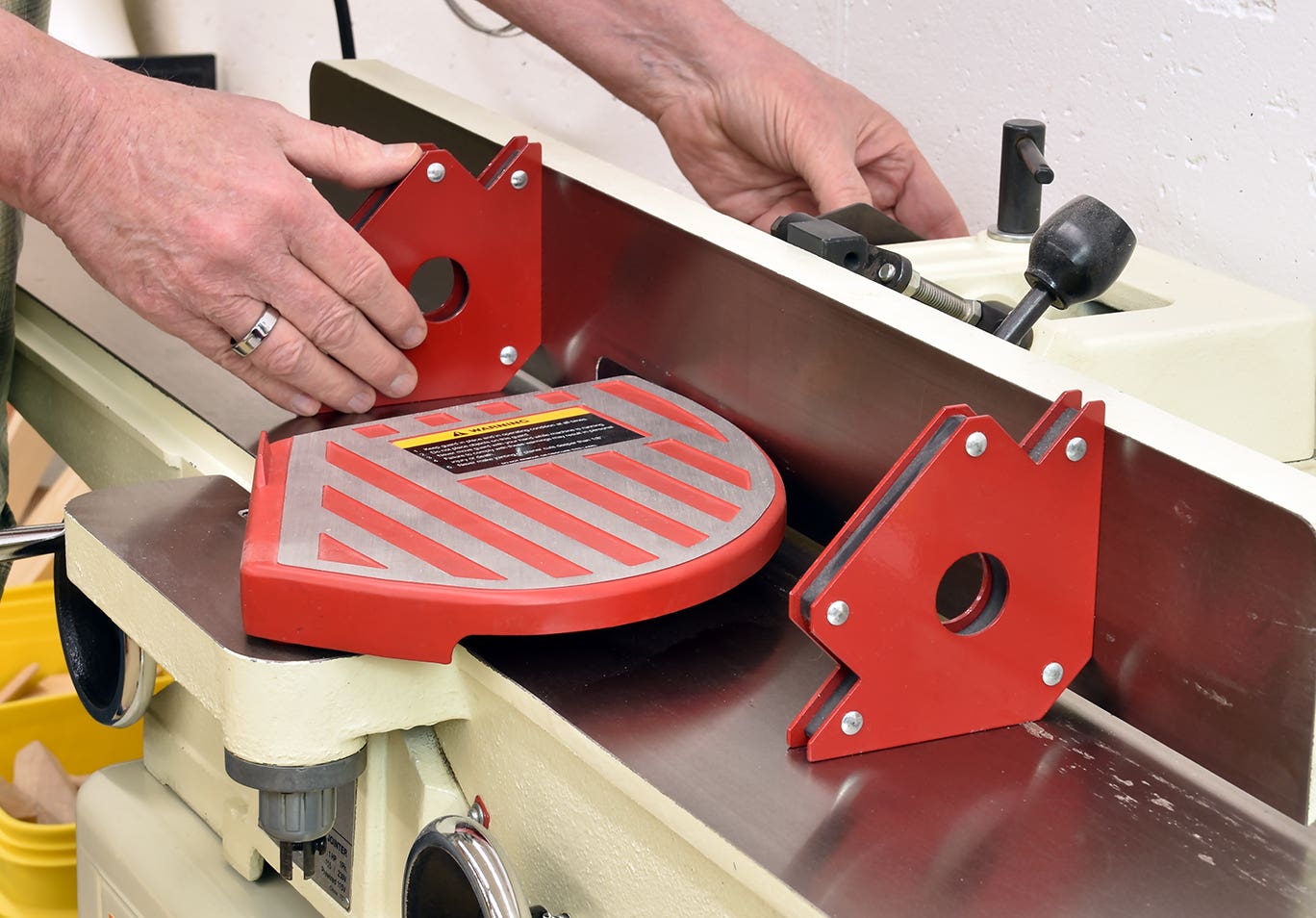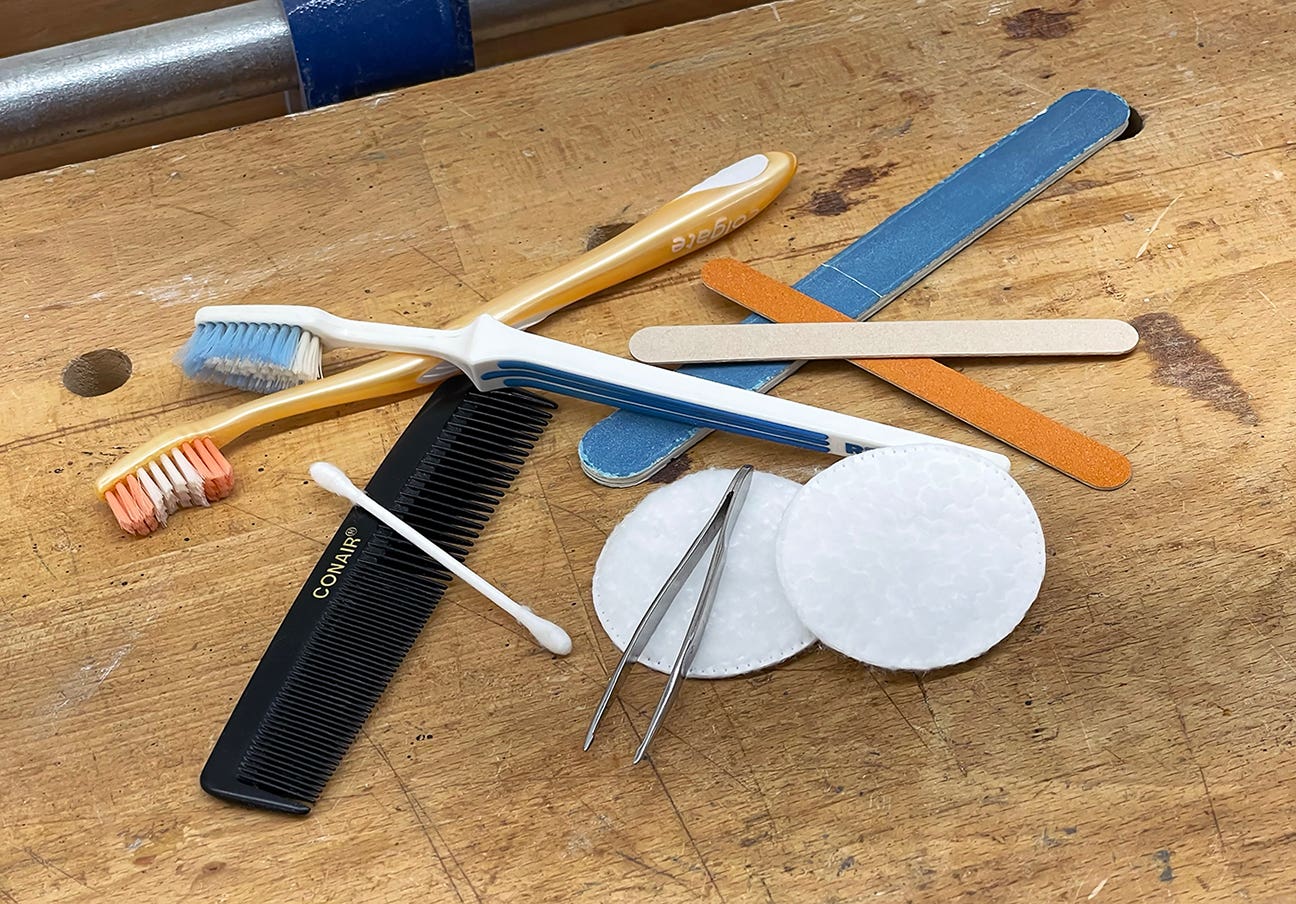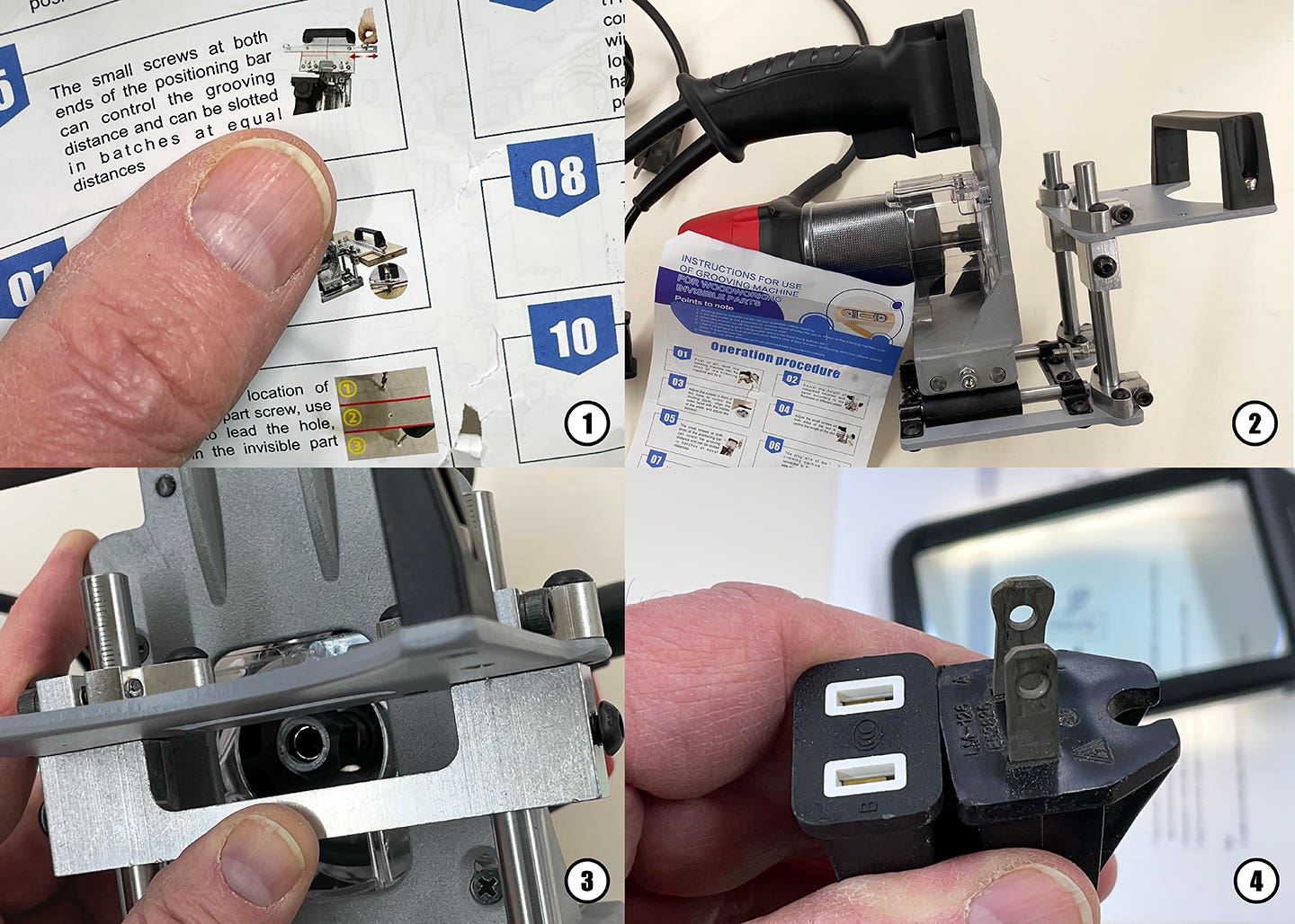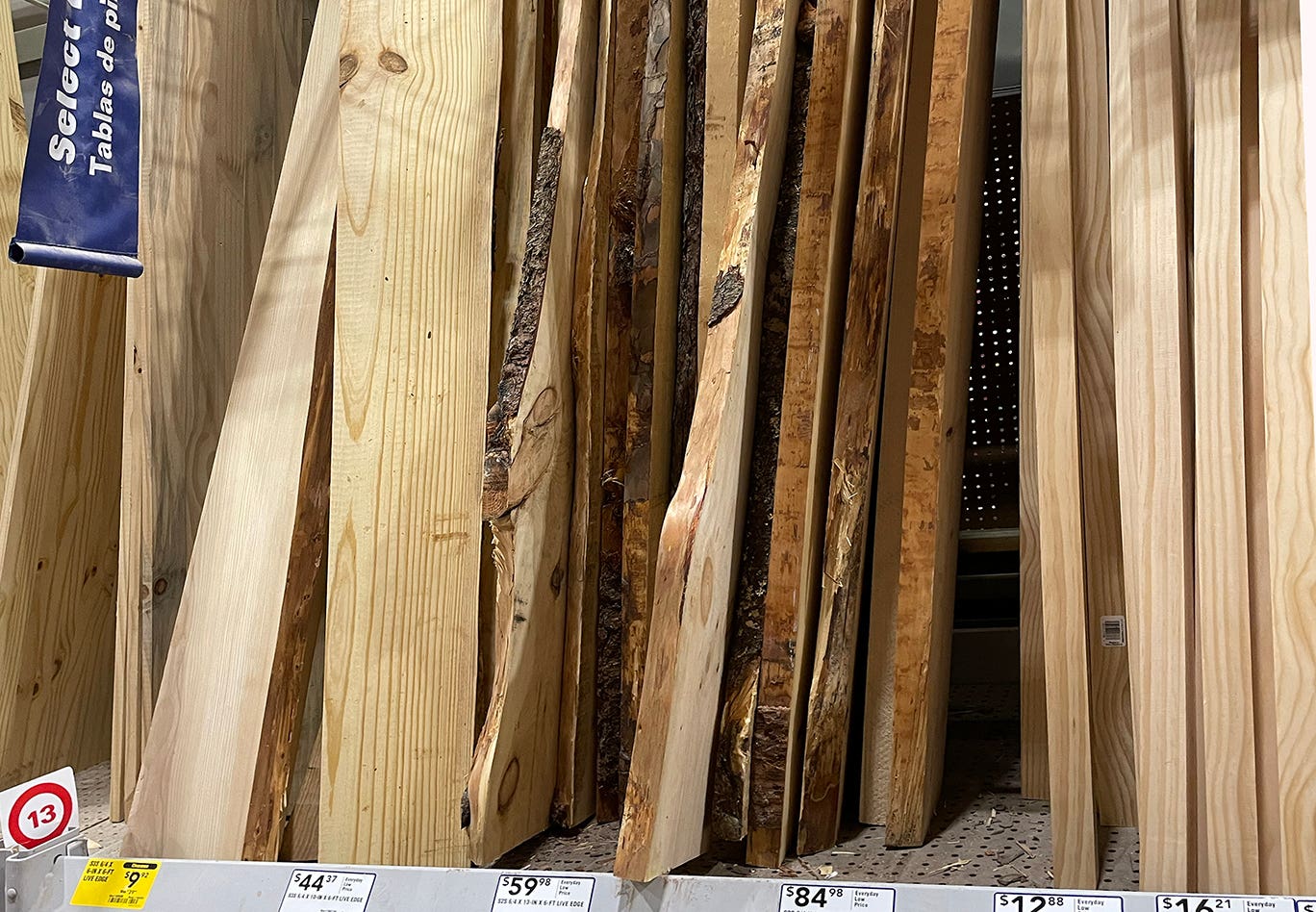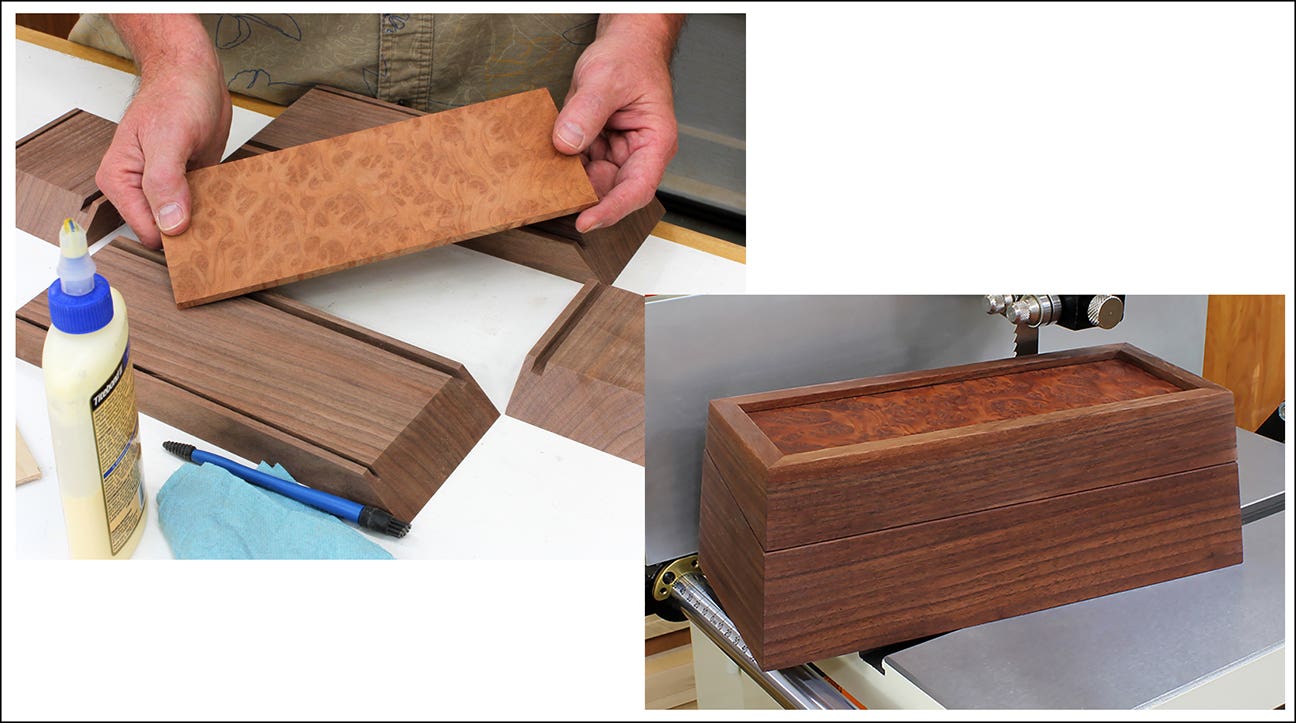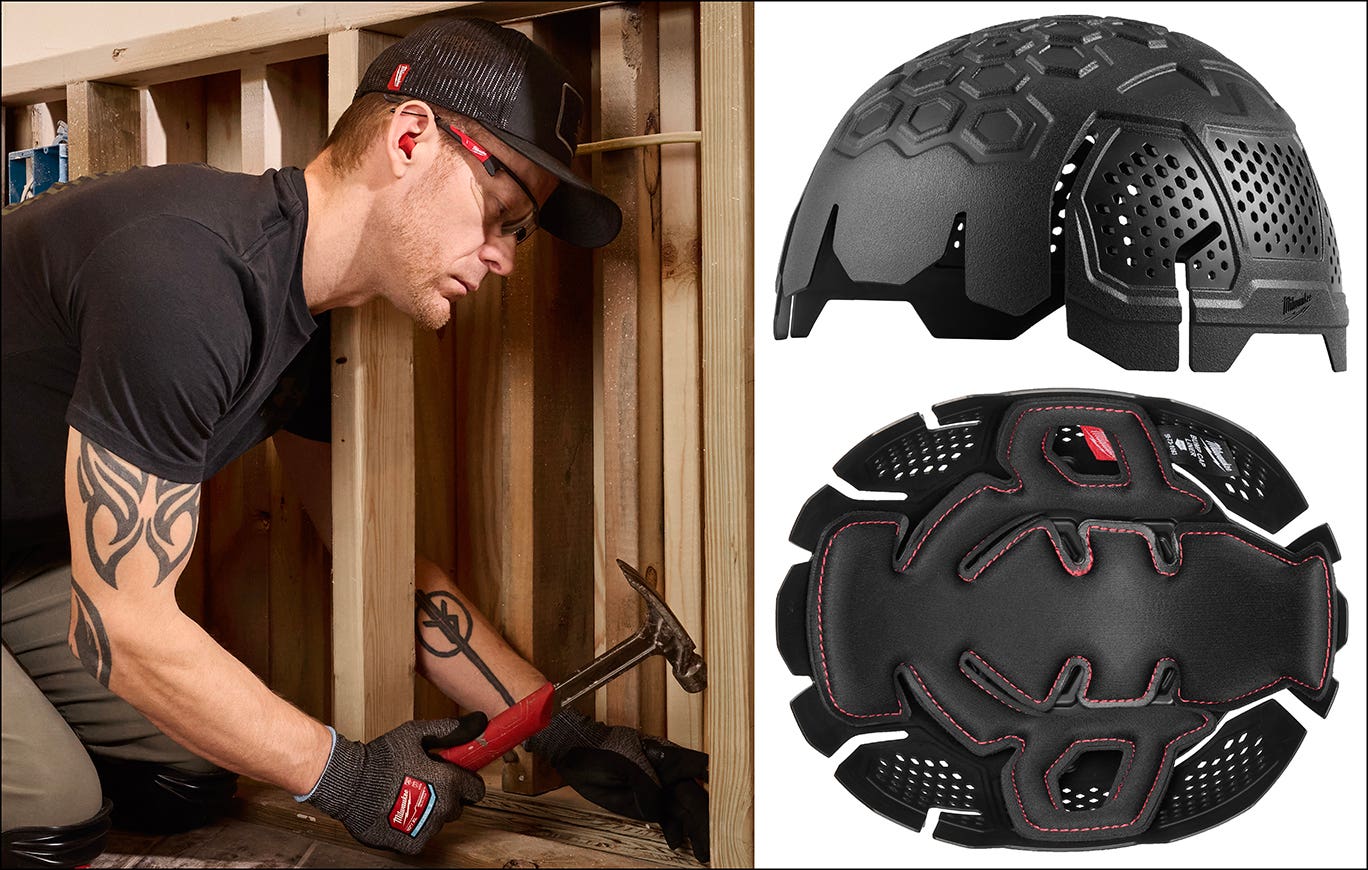A stellar century
Happy 100th birthday Festool! A hundred years ago, Albert Fezer and Gottlieb Stoll opened a shop in Esslingen am Neckar, Germany, specializing in the repair of woodworking equipment. They combined their…
Happy 100th birthday Festool! A hundred years ago, Albert Fezer and Gottlieb Stoll opened a shop in Esslingen am Neckar, Germany, specializing in the repair of woodworking equipment. They combined their names to “Festo” for their repair company but began making tools almost immediately. A tweak on the name years later became the Festool brand we’ve come to know.
But they didn’t just make tools – they invented or developed equipment no one had ever seen before, such as the first portable chainsaw in 1927, followed by the first portable circular saw a few years later. In the ’50s, they introduced the world to orbital sanders, and in the ’60s to their game-changing track saws. Their most recent woodworking equipment achievements include, of course, the Domino loose tenon system, as well as the ExoActive exoskeleton system for contractors and installers.
Even Festool’s non-mechanical offerings set a trend, like the very boxes their tools came in. Almost every manufacturer has their own line of integrated transport containers and storage systems these days, but it was Festool that led the way with their rugged Systainer cases in the early 1990s.
Woodworkers worldwide have praised Festool’s high quality and precision, becoming the first line of tools I ever heard referred to as “expensive, but worth it.” And I know from experience that it’s true. I have their track saw, a Rotex sander and handheld planer, and spent some quality time testing a Domino. They’re all great tools that will undoubtedly outlast me.
A lot of companies can rightly claim to be true innovators, but few can say that about so many things that were once unheard of in woodworking and have since become a long-lasting part of the trade. I’m very curious – and eager to see – what other surprises they may have up their sleeves in their second hundred years.
A.J. Hamler is the former editor of Woodshop News and Woodcraft Magazine. He's currently a freelance woodworking writer/editor, which is another way of stating self-employed. When he's not writing or in the shop, he enjoys science fiction, gourmet cooking and Civil War reenacting, but not at the same time.


